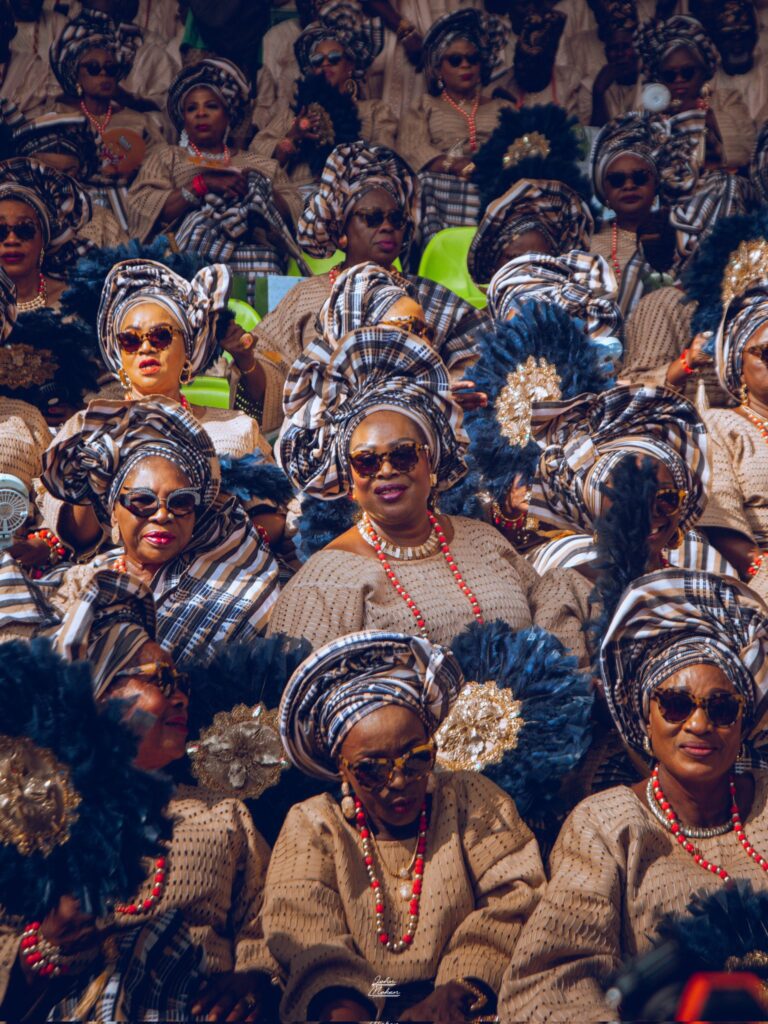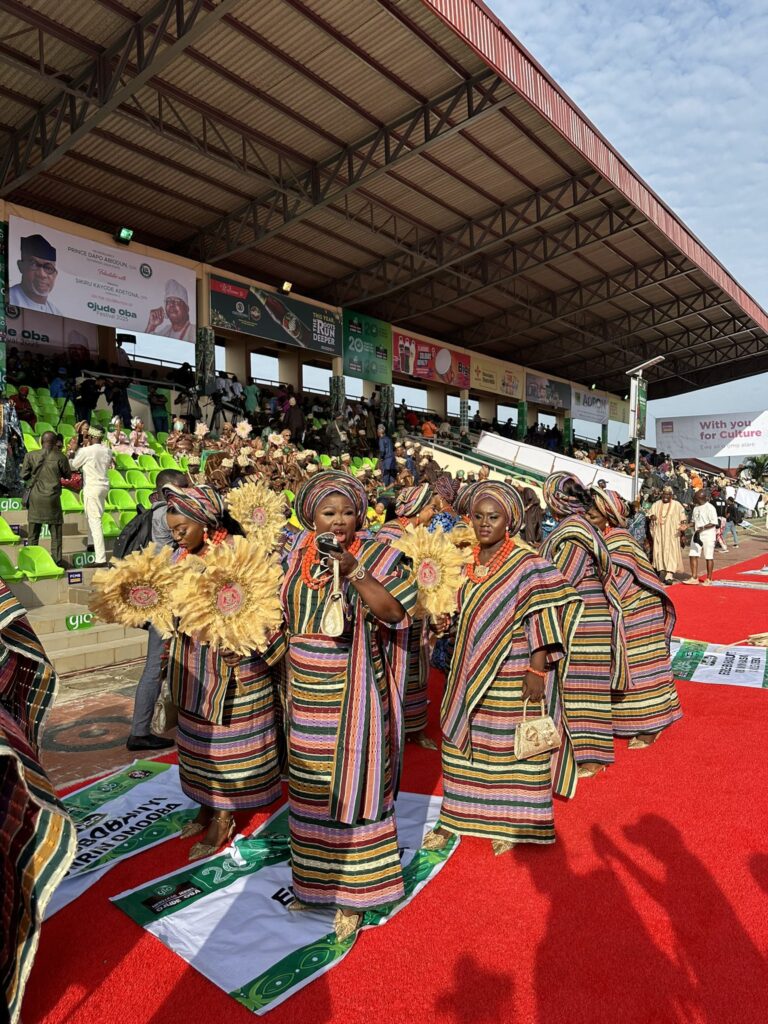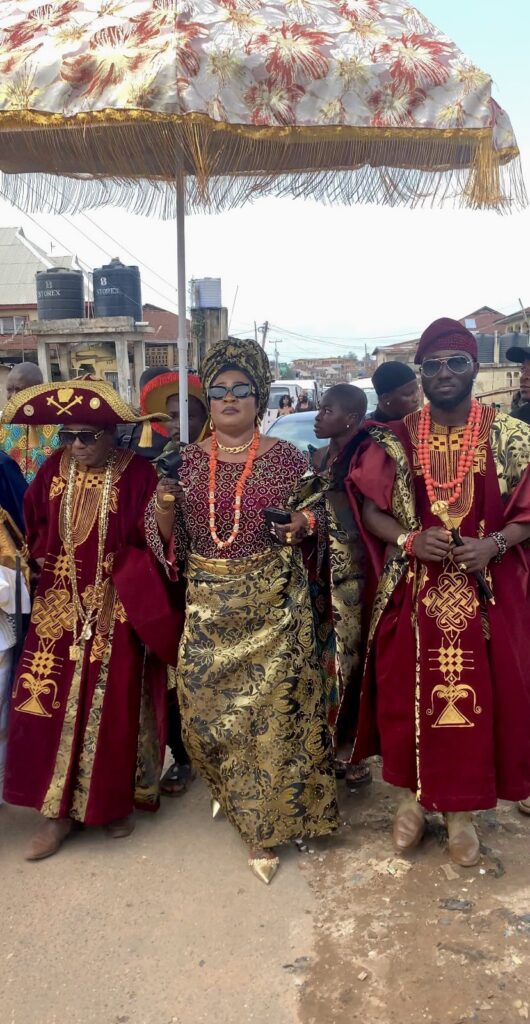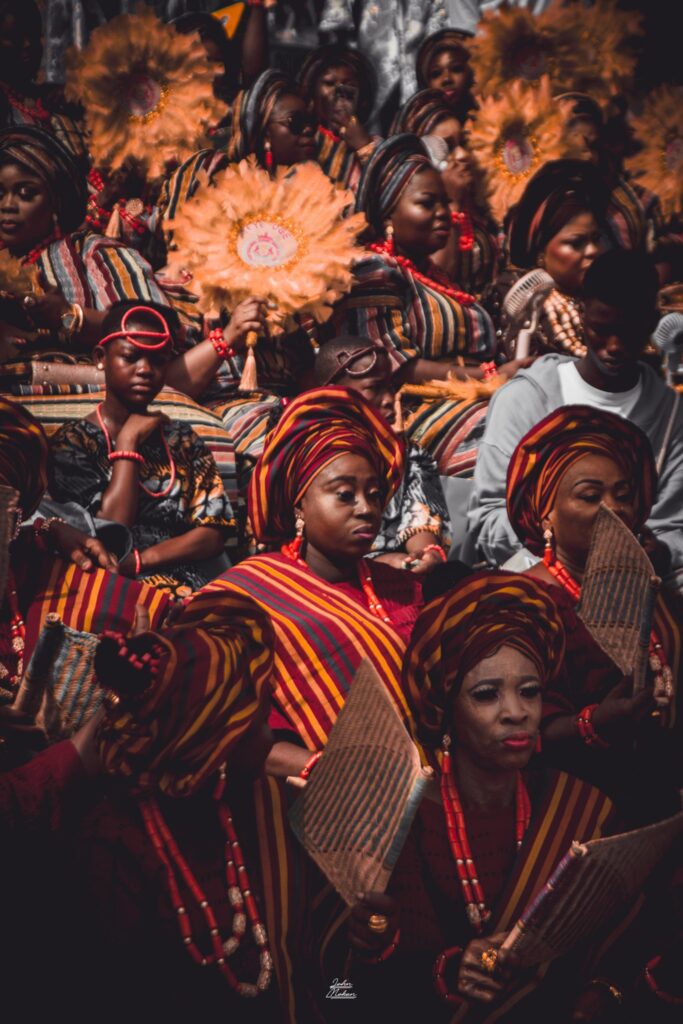Each year, Ijebu Ode in Ogun State transforms into a vibrant hub of tradition, music, and pageantry as it hosts Ojude Oba, one of Nigeria’s most iconic cultural festivals.
The 2025 edition, scheduled for the third day after Eid al-Kabir, is set to once again showcase the rich heritage of the Ijebu people and the wider Yoruba community.

Here are ten essential facts about this enduring and evolving celebration:

- A Tribute to the Awujale
Ojude Oba, meaning “The King’s Forecourt,” is held in honor of the Awujale of Ijebuland, the traditional monarch. It’s a moment for citizens, dignitaries, and age-grade groups (known as regberegbe) to express loyalty and gratitude to their king. - Linked to Eid al-Kabir
The festival takes place annually on the third day after Eid al-Adha, reflecting its deep-rooted connection to Islamic tradition in the region. - Over a Century of Tradition
Ojude Oba has a history spanning more than 100 years. Its origins are traced to either Balogun Kuku, a prominent Muslim convert who first paid homage to the king, or Imam Tunwatoba, who led a group to thank the monarch for religious tolerance. - A Global Gathering
Today, Ojude Oba attracts up to a million attendees, including members of the Nigerian diaspora and visitors from across the country’s six geopolitical zones and beyond. - Age-Grade Parades (Regberegbe)
The highlight of the event is the procession of age-grade groups, who parade in coordinated outfits, dance, and display unity and pride. The healthy rivalry between these groups adds flair to the occasion. - A Cultural Fashion Showcase
The festival doubles as a traditional fashion show, where regberegbe groups wear intricately designed fabrics such as sanyan, aso-oke, and other vibrant materials—often prepared months in advance. - Celebration of Religious Harmony
Although it has Islamic roots, Ojude Oba is open to people of all faiths. Christians, traditional worshippers, and tourists join in, making it a symbol of interfaith peace and communal harmony. - Military and Historical Displays
Cultural warriors, often descendants of Ijebu war heroes, perform gun salutes and martial marches, paying tribute to the town’s precolonial warrior history. - Economic and Tourism Boost
The festival is a boon for the local economy, with increased activity in hotels, markets, and service sectors. It also offers brands an opportunity for visibility and engagement. - Backed by Royalty and Sponsors
Organised with the support of the Awujale, corporate sponsors, and influential individuals, the festival thrives through a mix of community participation and private funding.


Ojude Oba remains not just a celebration, but a cultural bridge connecting history, faith, fashion, and unity in one unforgettable spectacle.









